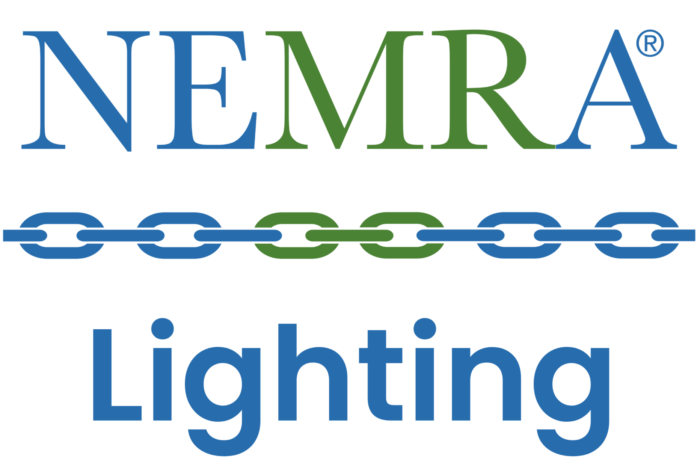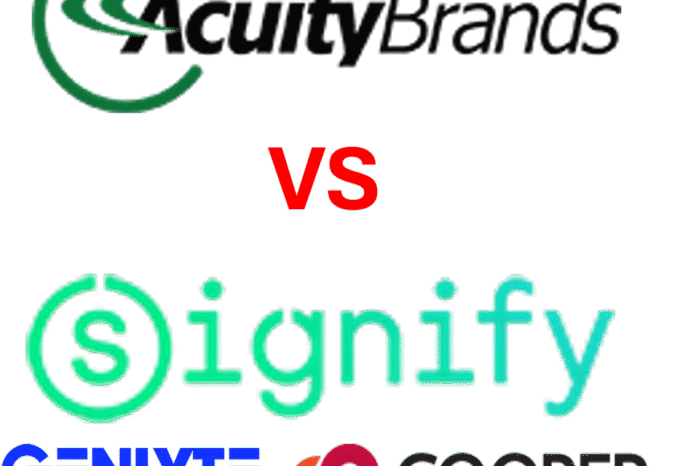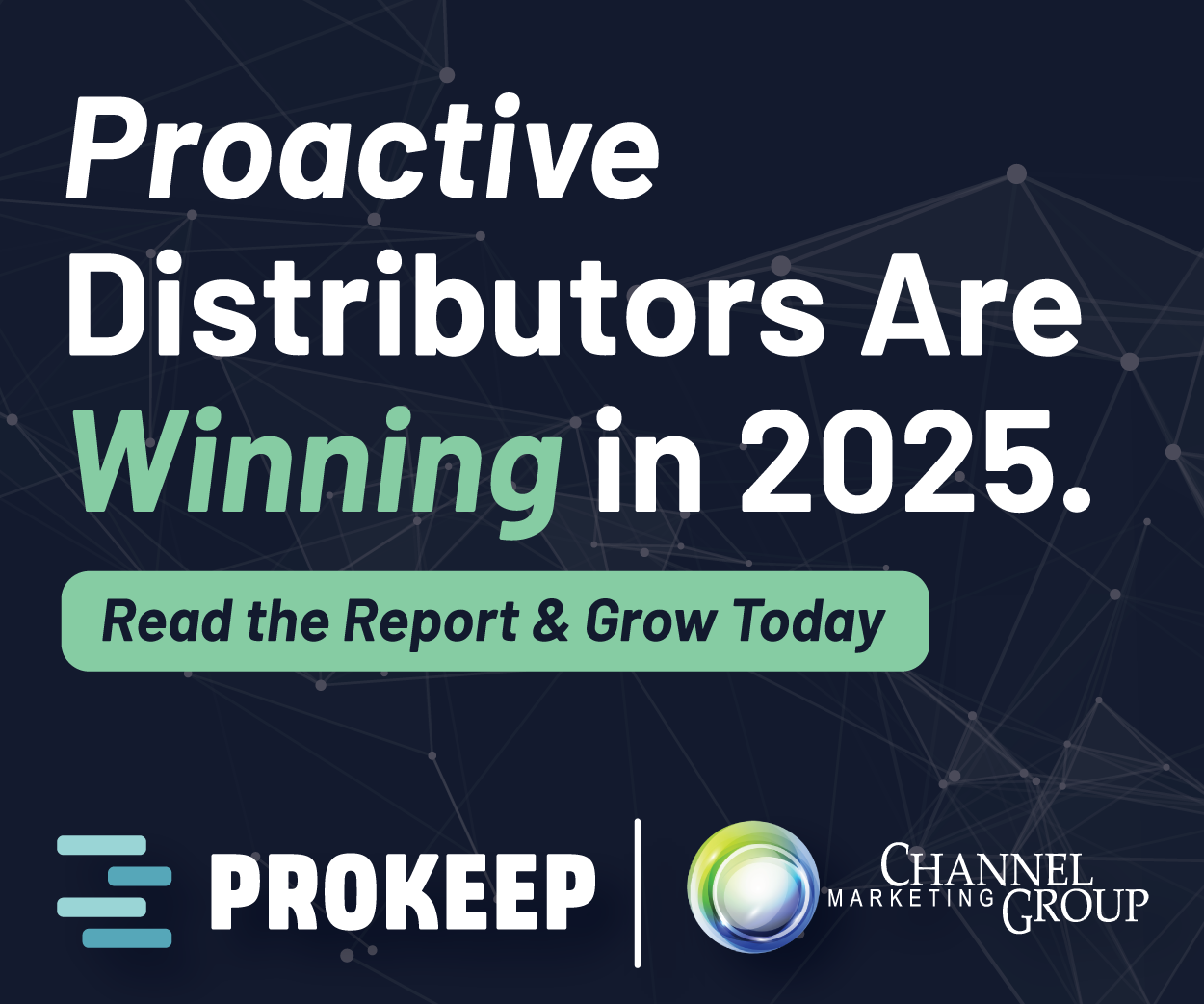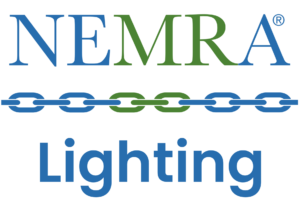Lighting it Up, Chicago-style
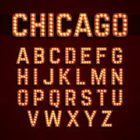
According to Edison Report, there is “war in Chicago. Force Partners, the Cooper Lighting Rep, Sues KSA Lighting and Acuity Lighting.”
Wow! If you haven’t read the Mueller Report, chances are that you have not read the 27-page complaint filed in the US District Court for the Northern District of Illinois, Eastern Division.
The complaint, filed by Force Partners, calls out Acuity and their agent, KSA Lighting, for three counts of violations of the Sherman Act for Unreasonable Restraint of Trade through an “Illegal Group Boycott”, along with “Horizontal Conspiracy”, and “Attempted Monopolization”. The complaint also alleges a violation of the Clayton Act for “Exclusive Dealing Agreements”. The lawsuit filed by Force Partners (Cooper Lighting Solutions rep), also includes three State of Illinois violations; Illinois Antitrust Act, Uniform Deceptive Trade Practices Act, and Tortious Interference with Prospective Business Relations.
The complaint also claims that twenty-four Chicago area electrical distributors have reported a “series of lies, threats, and coercion” and that “Project/specification distributors were told they had to rig bids to ensure that KSA won any multiple-name specification bids that also included Force Partners.”
Now many of you may say that’s just another day in the lighting business, but these allegations could cause wide ranging ripples in the lighting industry, and possibly change some current practices by Lighting Reps, Lighting Manufacturers, and Electrical Distributors.
Let’s unpack this and have some discussion.
- It is not unusual for Lighting Reps (and others) to disparage the competition. Nor is it out of the ordinary to have partner “stocking” distributors earn some advantage by being an officially recognized partner. The question becomes, where does recognition as a partner transition from leverage and cross the line to coercion? Can you tell a distributor who he can do business with?
- Or consider market dominance. What markets throughout the country have one dominant lighting rep that can withhold “best prices” and dictate to distribution? (And it then begs the industry-old lighting question of who runs the lighting business in a market … the distributors, the lighting agent(s) or the manufacturer?)
- If you are a distributor, are you involved? If you’re a national distributor, is your company one of the distributors referenced?
- Will national chain distributors ask their branch managers, lighting specialists, purchasing personnel, salespeople if any of them entered into these types of illegal arrangements? Or were even approached?
- If this has gone on in the Chicago market, or, if, by inference Acuity was involved, has this gone on in other markets?
- Are any distributors allowing physical inspection of their inventory as demanded by KSA in this complaint?
On the surface this could be dismissed as sour grapes, sore losers, etc. However, in this case, the planned strategic presentations (referred to as a PPT document), the false claims made about selling direct to contractors and end users, the demands, the time frames it occurred, the possible third-party participation (Acuity), and the October first deadline to remove inventory from Force Partners takes this past hearsay and innuendo. One excerpt from the lawsuit;
“The PowerPoint reportedly identified companies that KSA (and apparently Acuity) thought the distributors should boycott. In particular, the PowerPoint reportedly explicitly named Force Partners as an agency that distributors should boycott. KSA claimed that Force Partners was bypassing distributors to make sales directly to end-users and contractors, thereby denying sales and profits to distributors. This claim was false, and KSA knew or should have known it was false.”
The lawsuit also makes the following statements;
- “In addition to the named Defendants (KSA and Acuity), relevant distributors in the Chicago metropolitan area have agreed to comply with and enforce the illegal terms imposed by Acuity and KSA, albeit unwillingly.”
- “Defendants are jointly and severally liable for the acts of their co-conspirators whether named or not named as defendants in this Complaint.”
- “All parties are engaged in, and their activities substantially affect, interstate trade and commerce.”
From the wording used in the complaint, could this implicate any distributor that entered into the agreement? The complaint asks for relief in the form of; “Compensatory and treble damages against all Defendants, jointly or severally, and punitive damages in an amount to be proven at trial.”
Watching how this plays out, not only in Chicago, but nationally will be very interesting in the days and months to come. Will Acuity distance themselves from KSA? Will the lighting business change in Chicago? Will distributors re-evaluate their relationships and suppliers to distance themselves from the issue? What charges will make it to trial, if any, or do the parties want a settlement? Does Acuity face any ramifications from these distributors? More to follow for sure…
Kevin Grayson is the newest member of the Channel Marketing Group team and is leading initiatives to support manufacturers, distributors and reps in the lighting area as well as with sales leadership workshops. Click here to learn more about Kevin and his lighting background or email him to connect / comment.
We know this can be a sensitive topic, so feel free to comment anonymously or email us your comments and we’ll post them anonymously for you,



